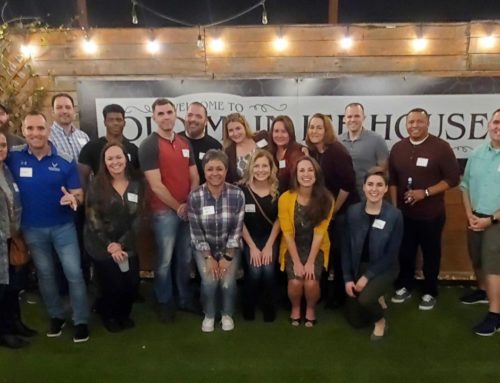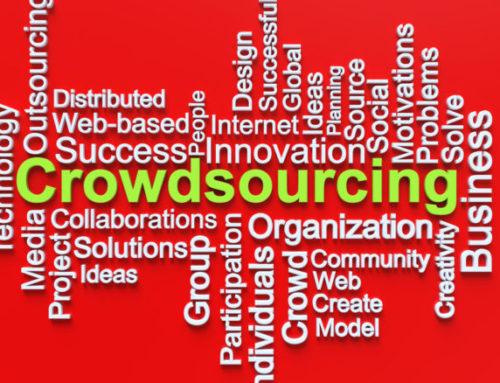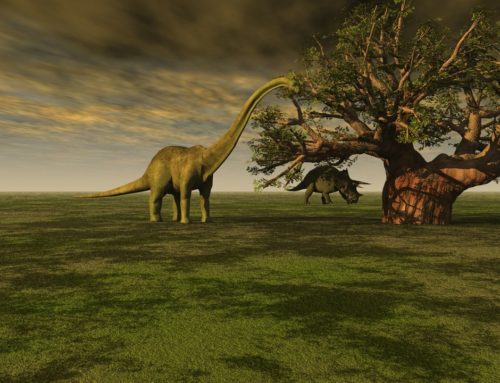The Top Five Global Problems that Need Innovation
When Charles Dickens begins A Tale of Two Cities with his famous line “it was the best of times, it was the worst of times…” it is to set us up for a story about London and Paris during the age of the French revolution… but he is also using this anaphora to illustrate how different groups and people might experience the same world. While common French citizens might view the revolution as “the spring of hope,” the nobility would view this time as the “winter of despair.” And although Dickens was writing in 1859, the experience of living multiple simultaneous realities depending on who you are and where you sit in the world is as common today as it ever has been.
Because again, I think, we find ourselves in these best of times and worst of times: where we are more connected, educated, and healthier than we ever have been before and we have also become lonelier, more combative, and more imperiled than we ever have been before.
This is so true that there are entire research institutes dedicated to the goal of identifying and prioritizing our most pressing problems today. The World Economic Forum provides a list of global priorities, the UN has one, Elon Musk has one, maybe you have one, but I spent a while combing through a lot of these lists (provided below) and tried to identify the most commonly cited usual suspects recurring across all of them and came up with these top five:
Climate Change. This shared crisis is particularly pressing, because of its rapidly advancing timeline and its ripple impacts on numerous other issues: from its potential to tank the world economy to the global health threat that it’s positioned to become. And because the impact is global, it is something that depends on collaboration and cooperation in order to solve it. This is one of the reasons why IdeaScale is participating in the Global Climate Strike. We are asking our employees to take the day and show advocacy and action. It’s only a start – but we believe in innovation for good and think that this is one great way to support it… by being contributing members of the crowd.
Global Conflicts. Despite being in a relatively “peaceful” time (the absolute number of war deaths is in decline), there are still numerous global threats from nuclear war to terrorism that impact us in small and large ways. Building relationships with our global community is extremely important to avert the worst of these threats.
Inequality. Gender, race, income, religious… the list goes on. And this inequality plays out in small and large ways – from the world stage to common workplace interactions. As with all of these challenges, the ripple effects can be huge – lasting for generations. Finding ways to help bridge this distance between different groups and share resources will make us all better problem solvers.
The Security of Food and Water. This problem is often linked to climate change, but is still a challenge all on its own. A growing world population is hungry and resources are not distributed equally. They say that by the year 2028 the resource that will cause the most conflict will be… wait for it… water.
The Future of Technology. Some lists mention the potential threat of AI – others worry about the terrorist threat that could be posed once we are all integrated into the internet of things in our smart cities – still others are considering the inequality in access to technology. Our thinking about technological progress needs to be longe-term, smarter, and more ethically considered in order to grow wiser even as we invent our own future.
Every year, we ask our customers what solutions they are seeking with the help of the crowd and we look at their top eight priorities. This year (as with many other years) the majority of the focus was on new product development and product improvement, followed by process improvement, cost savings, and workplace innovation. Sustainability and social impact came in sixth on our customer’s priorities and I’d desperately like to see that move into a top three position. I’d challenge our customers to make that a priority in the coming years.
These are the worst of times, but they are also the best of times… and if you’re working in crowdsourcing (as I am), you really do believe that these challenges are going to require active and passive work from all of us. My colleague, Rico Oyola, wrote this article that included a starter list of crowdsourcing campaigns that you could run that would help address some of these most pressing problems. I hope that any organization could start here and grow towards mastering some of these larger issues as time goes on.
And here is the complete list of lists that I reviewed when I wrote this article
- https://80000hours.org/problem-profiles/
- https://www.sciencealert.com/the-world-s-most-dire-problems-according-to-millennials
- https://www.weforum.org/agenda/2016/01/what-are-the-10-biggest-global-challenges/
- https://www.ihrb.org/library/top-10/top-ten-issues-in-2017
- https://www.un.org/en/sections/issues-depth/global-issues-overview/
- https://www.gviusa.com/blog/6-critical-global-issues-what-are-the-worlds-biggest-problems-and-how-i-can-help/
- https://80000hours.org/problem-profiles/
- http://globalissuesnetwork.org/learn-about-our-global-issues/education/
- https://unfoundation.org/blog/post/6-global-issues-to-watch-2019/
- https://globalprioritiesinstitute.org/wp-content/uploads/gpi-research-agenda.pdf
- https://borgenproject.org/top-10-current-global-issues/
- https://www.bbvaopenmind.com/en/articles/15-global-challenges-for-the-next-decades/
- http://www.gallup-international.com/surveys/worlds-most-important-problem/
This article was originally published on LinkedIn here.




